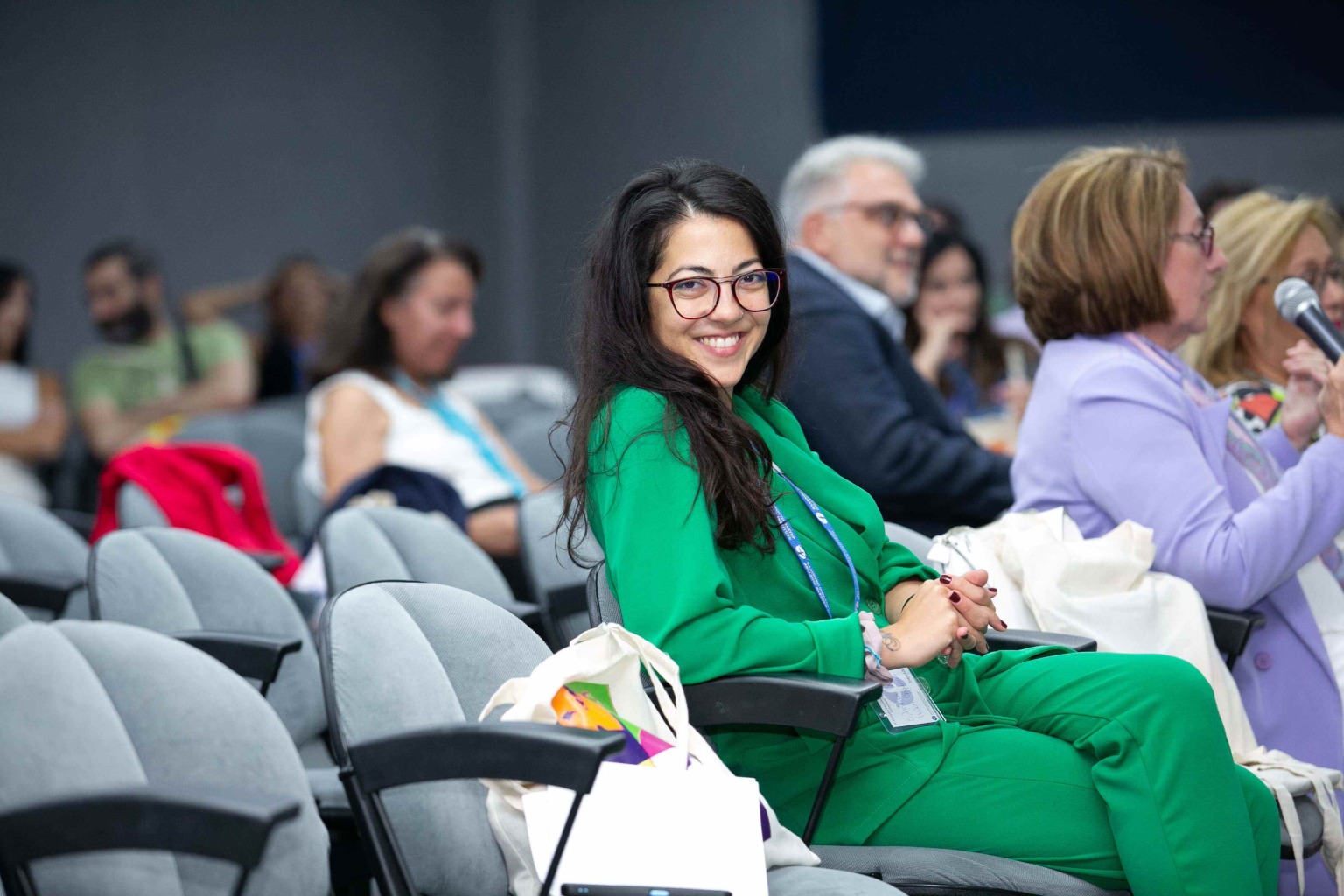
Dr. Elpiniki Ninou: Just like in Theater, Teamwork is the Key to Success in Science!
Niki Michalopoulou

Magazine / Interviews , Engineering
Dr. Karabela holds a Ph.D. in Aerospace Materials in collaboration with Rolls Royce plc., obtained from the University of Portsmouth, UK in 2011. She also has an MSc and BEng(Hons) in Mechanical Engineering. Before moving professionally to the industry, she was a Senior Lecturer in Mechanical Engineering at the University of Portsmouth. She has supervised numerous undergraduate, distance learning, and MSc student projects and many industrial secondments of students at various companies including Pall Europe UK, Elta Fans UK, GKN, Qinetiq Target Systems, and others. Her research interests are mainly in aerospace materials, including but not limited to fatigue and oxidation of such materials at high temperatures. She has also worked a lot to support students in the Engineering department not only academically but also in other aspects that affect their general well-being. She has actively promoted STEM-related outreach activities in local schools within the University’s outreach program.
Currently, in addition to co-coordinating the close collaborative work between hyperTunnel and MBS, Alkistis is maintaining links with her academic roots, overseeing several research projects on the new way of tunneling method that hyperTunnel is introducing. This shows that close collaboration between academia and industry can be fruitful when the right people bridge the two partners. Dr. Karabela shares with ‘Greek Women in STEM’ her experience in academia and industry and gives us an insight into the necessary skills required for someone to be able to follow a similar career path.
Could you please give us a brief description of your job?
I work as a Senior Engineer at hyperTunnel Ltd, an R&D company that specializes in redefining underground construction. I lead the team that works closely with other industrial partners to design, assess, and validate key elements of the construction phase. We carry out experimental work both in the laboratory and on a larger scale, at the construction site to develop our building technology.
What made you pursue a career in Engineering and specifically in Mechanical Engineering?
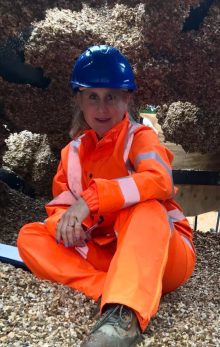
I grew up in a very Academic household, both my parents were University Lecturers and valued education. They always made sure that we would progress in life by following our dreams without creating any limits based on social norms or other stereotypes. As long as we respect ourselves and others, then there is no limit on what we can achieve.
I was always curious about how different mechanisms worked, starting from an early age with my toys, and gradually looking into all the different mechanisms that a household might have. I remember a present that my dad bought me when I was, probably around three years old, and it was a solar-powered windmill. I must say that this toy still fascinates me today. In general, I always saw it as a challenge to understand how mechanisms worked, and how to use power tools, drive different vehicles, motorbikes, cars etc. Later, when I was at University, all the laboratory equipment was another stimulating challenge, from microscopes to servo-hydraulic machines. I do not like setting limits for myself in gaining knowledge or improving my abilities.
How does it feel to be working in a male-dominated environment?
It is not always easy to work in a male-dominated environment. I cannot say that I have had many negative experiences, but there is always some form of ‘bloke jokes’, that do not include women. The most important thing is to be respected for your work and for the abilities and qualities that you bring to the whole team. In a company like ours, teamwork is the most important thing, and it is regardless of our gender. The main common aim is to progress producing amazing results.
When we talk about women working in ‘male-dominated’ environments, we as women also need to be careful not to be biased and by default assume certain behaviours. We should see our colleagues, for who they are; people, with feelings, flaws but also great skills like everyone else. I always start like that. Obviously, if there is a certain biased behaviour that is really hindering my work then I will voice it in the appropriate venues and terms in my company. We always need to stand our ground when we think that we are being treated unfairly.
Never stop improving yourself. The real challenge is not the others, the real challenge is between you and you. Keep learning and keep making yourself better.
What made you take the decision to leave your University job for a job in industry and how difficult was it to take this decision?
I always wanted to have an industrial experience. When the opportunity arose with my current company, the jοb seemed challenging, stimulating and innovative; hence, I accepted it. I thought it would have been a good compromise to be part of a wider R&D department. It was not an easy decision, as I was already an established academic and well-integrated into that working environment.
What are the major differences between Academia and Industry a. in your everyday life and b. in the way you approach research?
When working at the University, other than teaching commitments, you are free to arrange your own timetable in a more flexible way. In the company it is not the same, although I have to say that with the recent pandemic things have changed and there is more flexibility, especially with childcare arrangements, something which is extremely important when one has a young family.
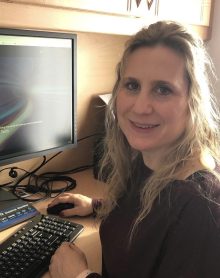
Working at the University means that you are basically free to pursue your own research and create your own contacts both in and outside your institution. This is not possible in the industry as everything must be bound to NDAs and approvals from different departments. At the University you can decide your research field and usually apply for grants to support it. In the industry, things are a bit more compartmentalized as you are assigned to an area of research and mainly focus on that area. This is not necessarily a bad thing if there is open dialogue, and your opinion is being valued. The company has a vision and a clear understanding of where people need to be in a specific time scale and how to reach that target. This is great as it gives a clear indication of what you need to do in your own area of expertise to help the wider team achieve the common goals.
What skills should a woman hold in order to work in this field and what would you advise a younger woman who would like to pursue a career in engineering?
Always read and update yourself on any new advancements in your field of expertise. Studying, being able to concentrate, and self-discipline are essential skills to be able to gain all the necessary skills for a career in any scientific-related discipline. Never stop improving yourself. The real challenge is not the others, the real challenge is between you and you. Keep learning and keep making yourself better. Our ancestors said it all “Γηράσκω ἀεὶ διδασκόμενος” thus in a very liberal translation “I never stop learning”.
Speak up for yourself, do not sigh away, explain, be honest, be bold, ask for help when you need to, and ask for clarifications there and then. Be mindful that you cannot be liked by everyone and equally do not assume that everyone is biased, as there are like-minded men who will support you, understand you, listen to you and appreciate you.
You are your own voice. Share your experience with others, men, and women alike, help to empower other women, girls, men and generally invest in the younger generations. Be yourself a voice of equality towards all and be yourself a voice of positive change not only for women but for every “minority” that needs to be heard and included. When at University, I was an active member of the STEM team and we had organized numerous visits at the local schools aiming, through specifically designed hands-on experiments and talks, to inspire young pupils to pursue a career in STEM. It had been a very rewarding experience.
Follow Alkistis in Linkedin.

Niki Michalopoulou
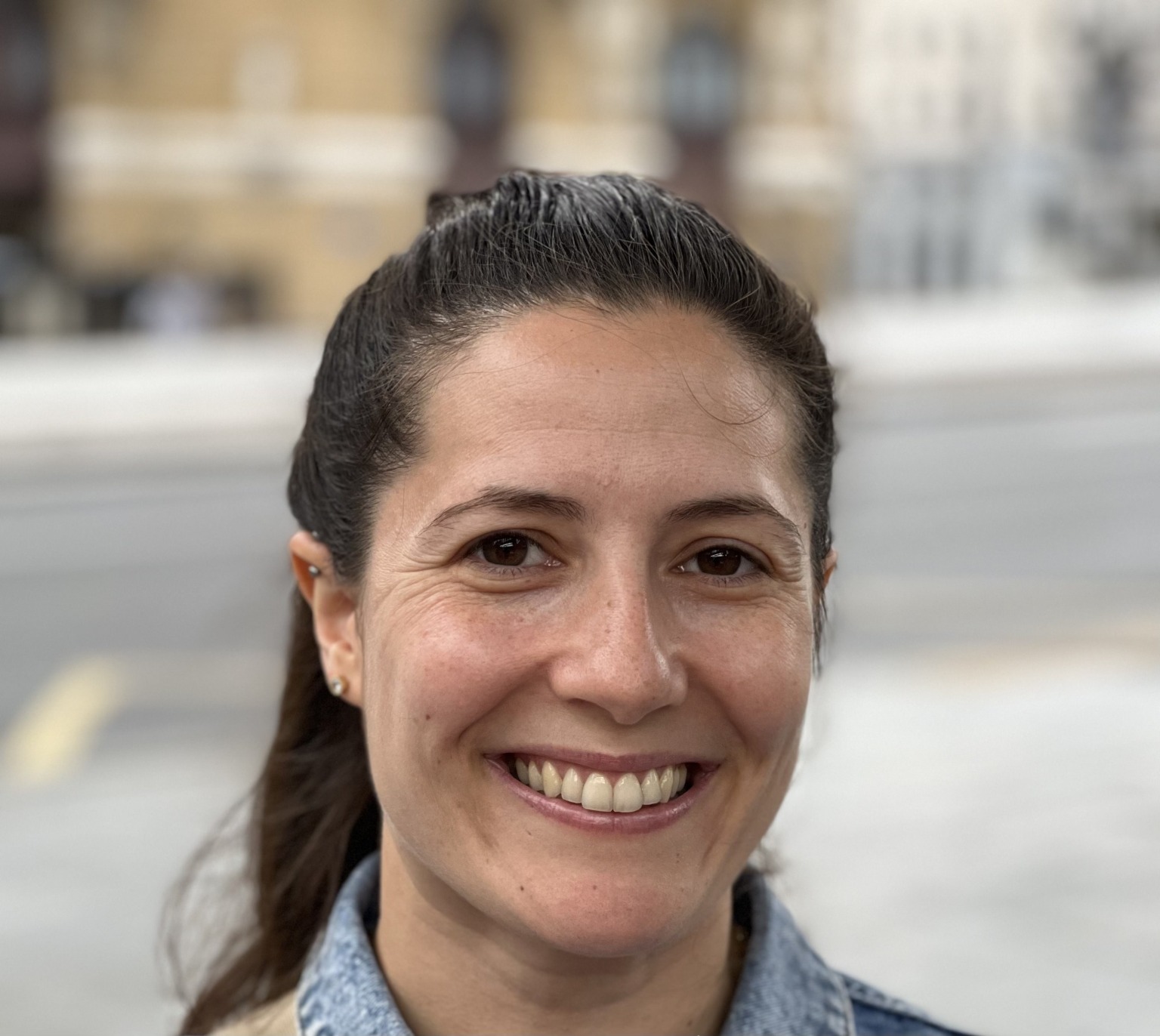
Danai Korre

Stella Telliou
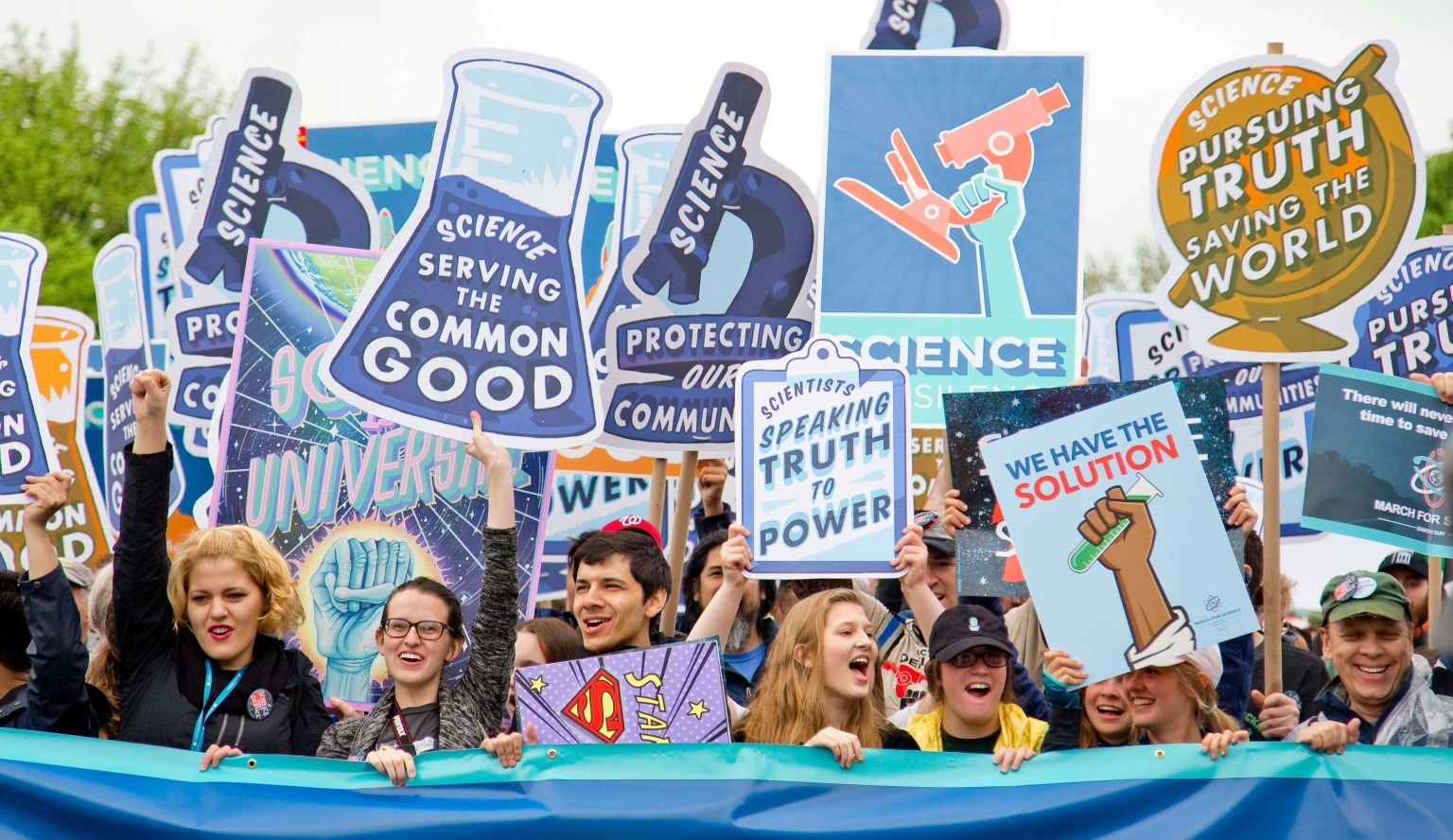
Maria Koumouri